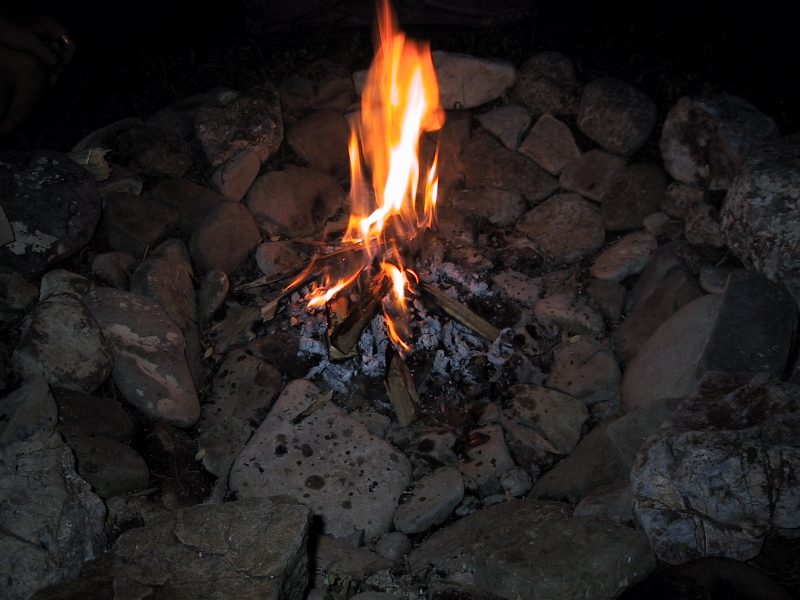Dhuni on:
[Wikipedia]
[Google]
[Amazon]
 A ''dhuni'' is (according to the
A ''dhuni'' is (according to the
Awakening the Nath Dhuni: Tantric Guidelines for Perfect Pyromania
'
Shirdi Sai Baba Dhuni
*https://goodkorma.com/2017/03/09/up-in-smoke/ {{authority control Religious places Objects used in Hindu worship Yajna Sai Baba of Shirdi Ceremonial flames Traditions involving fire
 A ''dhuni'' is (according to the
A ''dhuni'' is (according to the Indian religions
Indian religions, sometimes also termed Dharmic religions or Indic religions, are the religions that originated in the Indian subcontinent. These religions, which include Buddhism, Hinduism, Jainism, and Sikhism,Adams, C. J."Classification o ...
such as Hinduism
Hinduism () is an Hypernymy and hyponymy, umbrella term for a range of Indian religions, Indian List of religions and spiritual traditions#Indian religions, religious and spiritual traditions (Sampradaya, ''sampradaya''s) that are unified ...
, Buddhism
Buddhism, also known as Buddhadharma and Dharmavinaya, is an Indian religion and List of philosophies, philosophical tradition based on Pre-sectarian Buddhism, teachings attributed to the Buddha, a wandering teacher who lived in the 6th or ...
, Jainism
Jainism ( ), also known as Jain Dharma, is an Indian religions, Indian religion whose three main pillars are nonviolence (), asceticism (), and a rejection of all simplistic and one-sided views of truth and reality (). Jainism traces its s ...
, etc.) a sacred site represented as a cleft in the ground. This cleft is emblematic of the yoni
''Yoni'' (Sanskrit: योनि, ), sometimes called ''pindika'', is an abstract or aniconic representation of the Hindu goddess Shakti. It is usually shown with ''linga'' – its masculine counterpart. Together, they symbolize the merging ...
or female vulva and generative organ. A dhuni therefore represents a site of worship dedicated to Shakti
Shakti (Devanagari: शक्ति, IAST: Śakti; 'energy, ability, strength, effort, power, might, capability') in Hinduism, is the "Universal Power" that underlies and sustains all existence. Conceived as feminine in essence, Shakti refer ...
.
The ''dhuni'' (or ''dhunga'') is also a term used in Indian cuisine to describe the process of cooking food by placing smoking charcoal into the finished dish.
Honoring the dhuni
Sitting by the dhuni is believed to "purify one's vibrations" and to have beneficial impact on physical and mental health.A follower ofHaidakhan Babaji
Haidakhan Babaji, simply called Babaji by his students and devotees, was a religious teacher who appeared near the village of Haidakhan in northern India (Uttarakhand) and taught publicly from 1970 until his death in 1984. He was a devotee of lo ...
, Hindu sage Shastriji, said for instance: "In ancient India, the rishis guarded their sacred fire most carefully and kept it clean, as it was believed to be the residence of divinity. Sitting by the dhuni purifies one's vibrations. This you can find out for yourself. Whenever you have any kind of trouble, go to the dhuni and let it give you solace and uplift your spirit." The Teachings of Babaji, 2 August 1983.
See also
*Homa (ritual)
In Indian religions, a homa (Sanskrit: होम), also known as havan, is a fire ritual performed on special occasions. In Hinduism, by a Hindu priest usually for a homeowner (" grihastha": one possessing a home). The grihasth keeps differ ...
* Dhupa
References
2. Kapilnath, Shri.Awakening the Nath Dhuni: Tantric Guidelines for Perfect Pyromania
'
External links
Shirdi Sai Baba Dhuni
*https://goodkorma.com/2017/03/09/up-in-smoke/ {{authority control Religious places Objects used in Hindu worship Yajna Sai Baba of Shirdi Ceremonial flames Traditions involving fire